From swing to soul, Jeff Goldblum picks his eight favourite records
Including a Miles Davis standard and a Stevie Wonder classic, the actor and musician chooses the singles that have influenced him most...
Jeff Goldblum is a jazzy guy. It’s been that way since the smooth funk and fusion of the 1970s, the decade the actor broke on to the big screen. He’s been playing boogie-woogie and the blues on piano for over half a century and he founded and fronts a lively jazz band — The Mildred Snitzer Orchestra. He even brought his mellifluous, melodious brand of conversation to Gentleman’s Journal back in 2017.
His debut album was spun out the year after he covered our magazine, in 2018. The Capitol Studios Sessions featured such standards as ‘My Baby Just Cares for Me’ and ‘Me and My Shadow’ and was followed by another record, I Shouldn’t Be Telling You This, the following year.
And, having recently dusted off our own vinyl collection, we got to thinking: with such an eclectic, eccentric musical back catalogue, which performers – and specific singles – have influenced the entertainer over time? Here, we ask the actor and musician for his top eight records…
Blue Minor by Sonny Clark
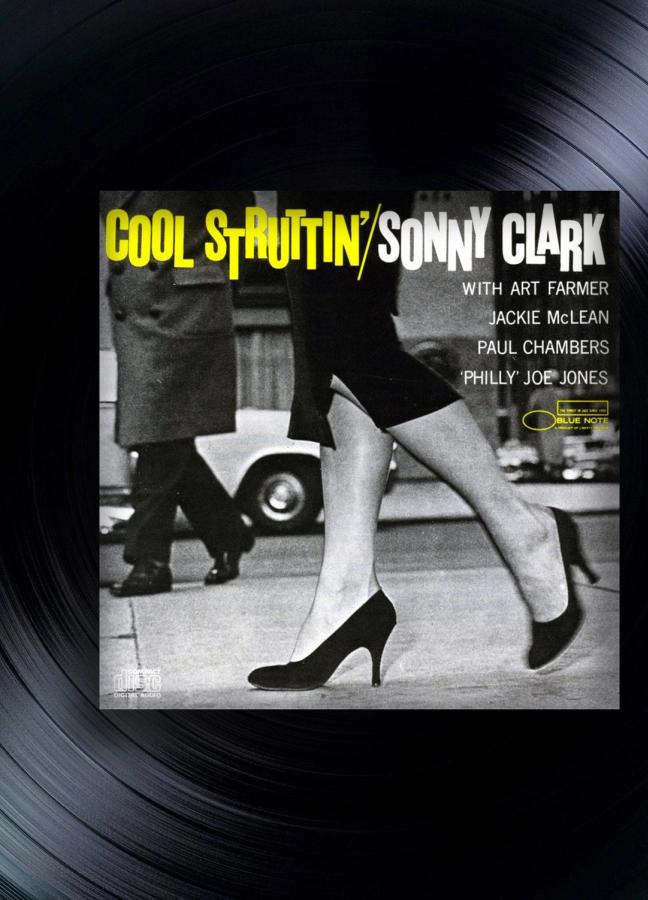
Originally released in 1958, this spirited instrumental was written and initially performed by Clark – the quintessential hard bop pianist. Covered many times over the years, the original recording remains the best.
Goldblum says: “We play this one with our band. Sonny came from a small town near Pittsburgh, my hometown. The head for ‘Blue Minor’ is very hip, and by association, that makes us hip.”
Is That All There Is? by Peggy Lee
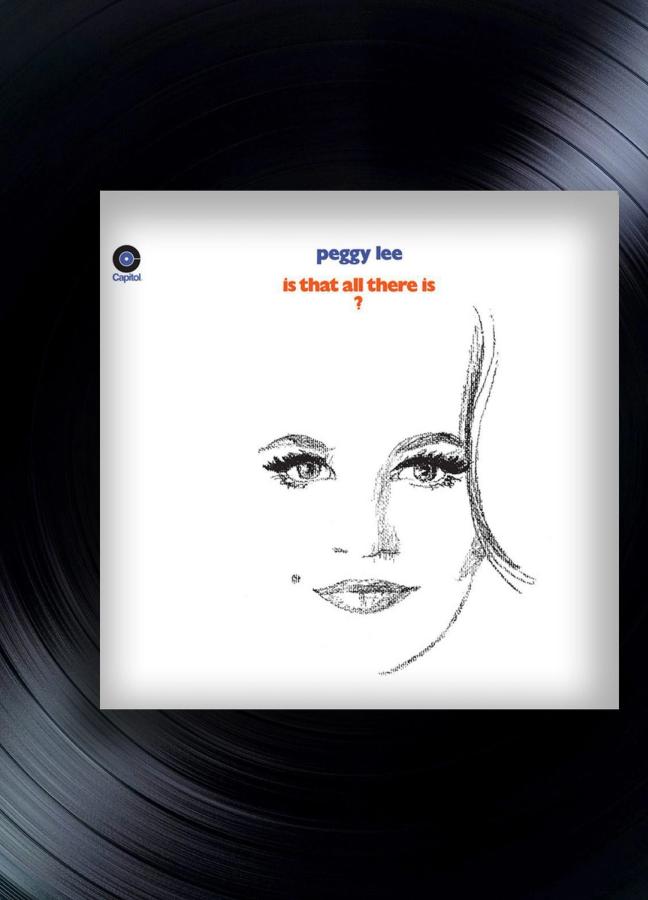
Written by legendary lyricists and producers Jerry Leiber and Mike Stoller during the 1960s, this piece of placid pop was one of Peggy Lee’s finest records, from a career that spanned over seven celebrated decades.
Goldblum says: “Peggy asks the right question and, more importantly, has the correct answer. ‘Is that all there is, is that all there is? If that’s all there is my friends, then let’s keep dancing.’ Exactly.”
Misty by Erroll Garner
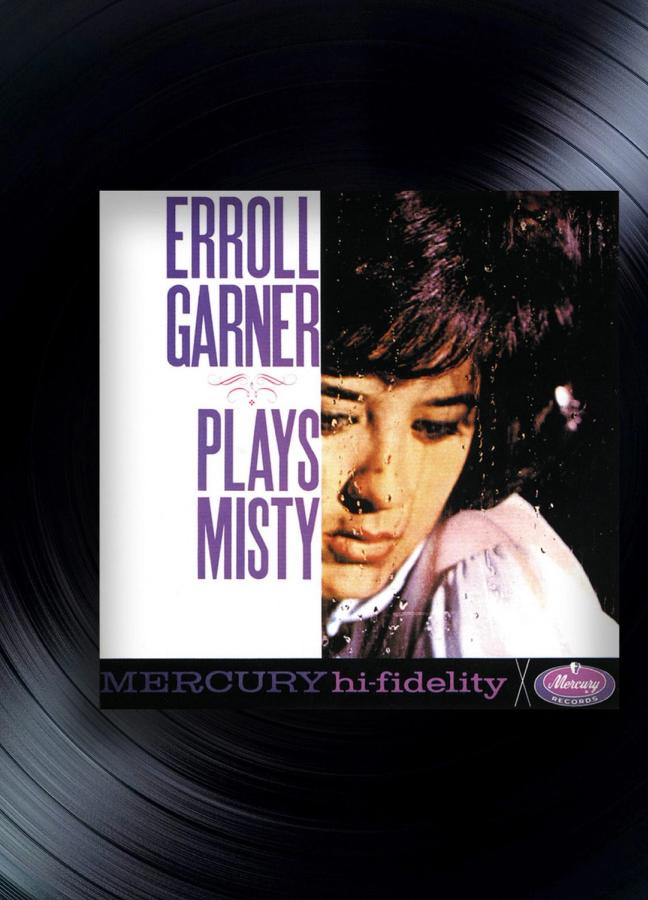
The gold-standard of jazz standards, ‘Misty’ was written by Garner in 1954 and composed as an instrumental for his acclaimed album, ‘Constrasts’. Versions with lyrics were subsequently released by, among others, Johnny Mathis, Ella Fitzgerald and Frank Sinatra.
Goldblum says: “Another hometown hero, Pittsburgh pianist Erroll Garner was one of my earliest exposures to jazz. If you like octaves as much as I do, check out this tune.”
My Funny Valentine by Miles Davis
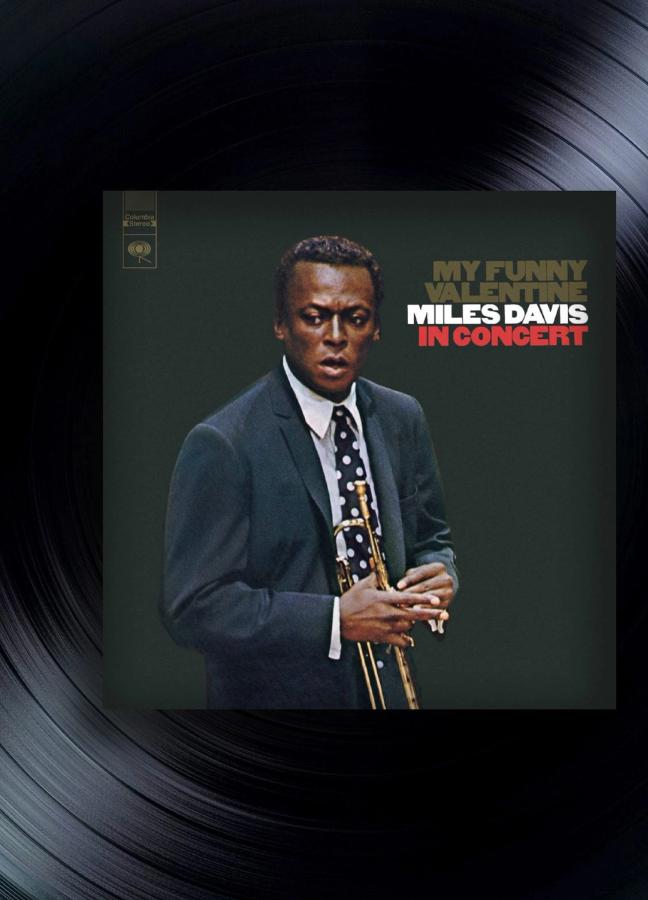
From the 1937 coming-of-age musical Babes in Arms, this show tune has appeared on over 1,300 albums performed by over 600 artists. It became trumpeter Chet Baker’s signature song (Baker appears further down this list), but Goldblum prefers Miles Davis’s take on the tune.
Goldblum says: “At one time, this song was my morning alarm on one of those bedside CD players. I’ve never been the same since.”
Express Yourself by Charles Wright
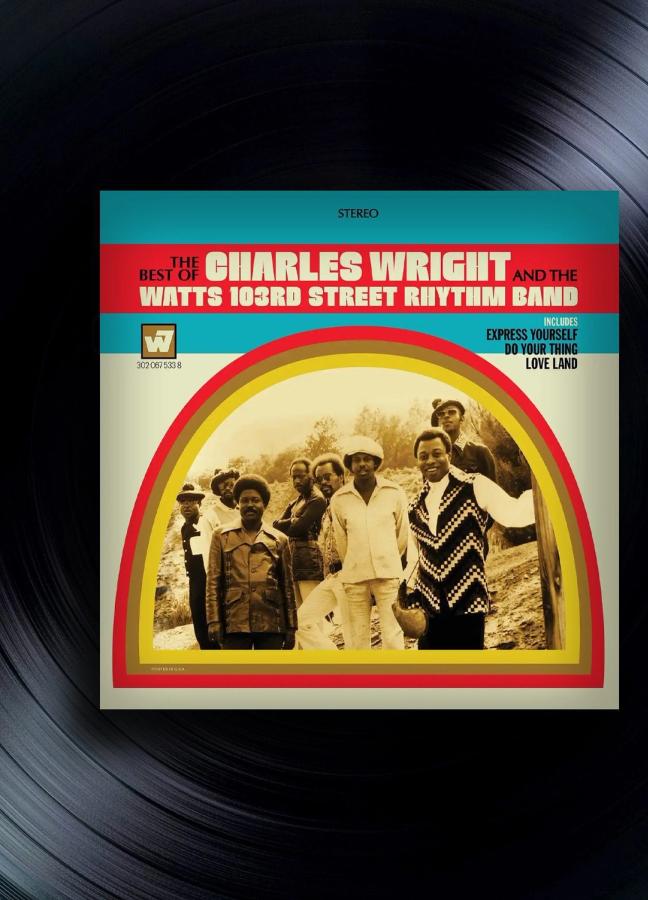
Written by Wright in 1970 and performed by his Watts 103rd Street Rhythm Band, this hoppy, boppy number is a foot-tapping, finger-snapping classic. Nominated for a Grammy Award and featured across film and television for the last half century, it’s been sampled by musicians from N.W.A to Labrinth.
Goldblum says: “Simply put: a credo to live by.”
Epistrophy by Thelonious Monk with John Coltrane
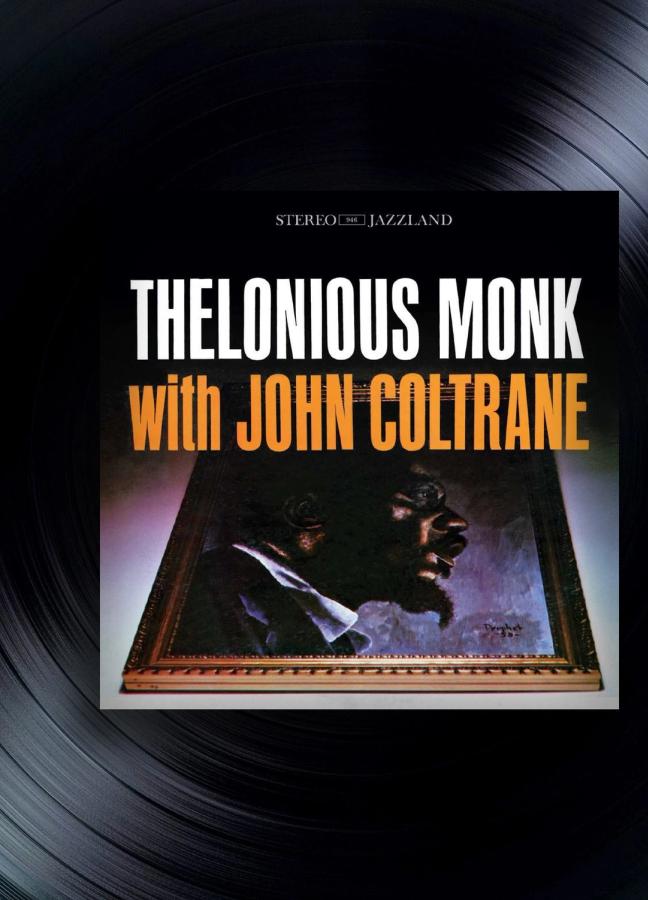
Strange and off-centre, the first listen of ‘Epistrophy’ is likely to throw you for a loop. But, with Messrs Monk and Coltrane at the syncopated, harmonious helm, repeat spins will shore up any uncertainty and reveal this composition for the masterpiece it is.
Goldblum says: “An epistrophe (Monk purposely spelt it wrong) is the repetition of phrases or words in a set of clauses, sentences or poetic lines. It’s also a jazz tune that is very difficult to solo on, but clearly not for Monk and Coltrane.”
For Once In My Life by Stevie Wonder
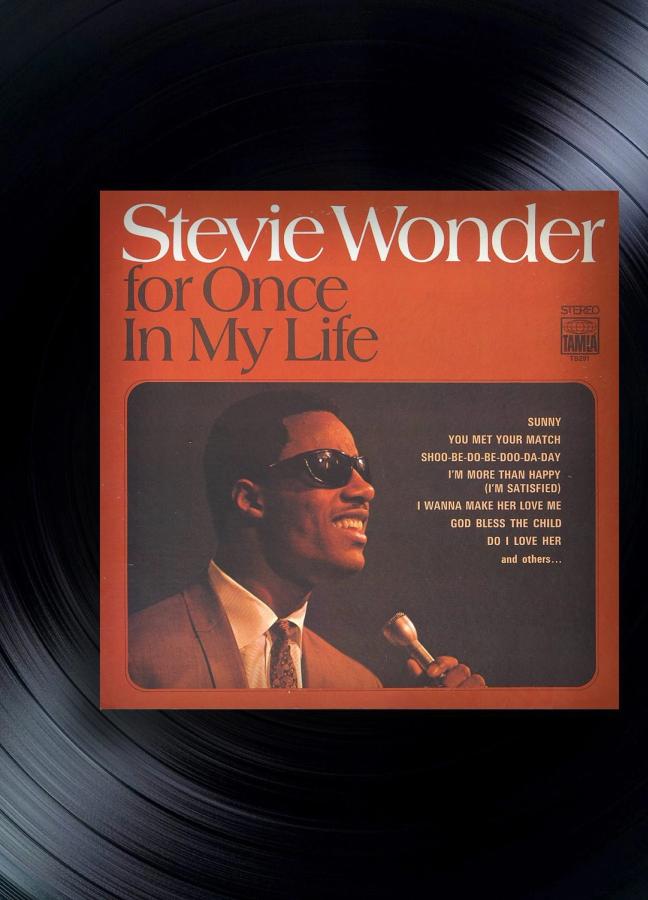
The most successful and recognisable recording of a Motown classic, this uptempo arrangement by Wonder was released in 1968. Recorded a year earlier, it was shelved for months after label founder Berry Gordy expressed displeasure at its bouncier nature.
Goldblum says: “This is a perfect pop song, which expresses a feeling most of us search for and, hopefully, find.”
Let’s Get Lost by Chet Baker
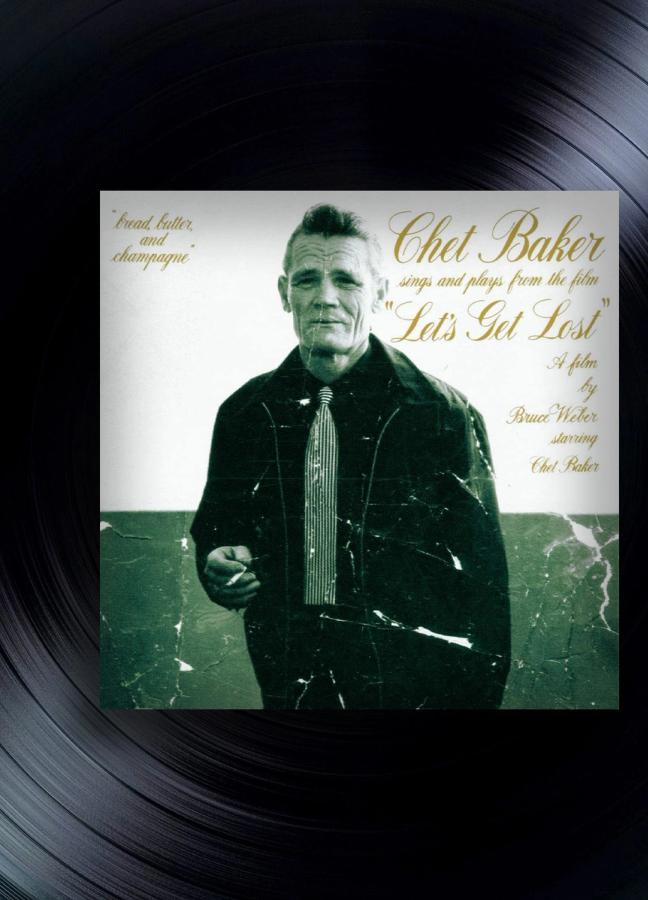
To round off Goldblum’s list, the actor chooses another jazz standard – and another song covered scores of times since its writing in 1943 (which was for the Mary Martin film Happy Go Lucky). But, though Johnny Nash, Van Morrison and others have released versions, Chet Baker’s take is the preferred interpretation.
Goldblum says: “Both Chet Baker’s voice and trumpet are clear, calm, raw and direct. This is small-combo cool jazz at its best. It’s a perfect anniversary song; trust me on this one.”
This feature was taken from Gentleman’s Journal’s Summer 2023 issue. Read more about it here…
Want other famous performers’ playlists? Here, Jamie Cullum shares his top 10 tracks…
Become a Gentleman’s Journal member. Find out more here.
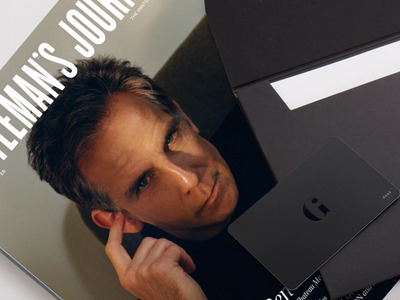
Become a Gentleman’s Journal Member?
Like the Gentleman’s Journal? Why not join the Clubhouse, a special kind of private club where members receive offers and experiences from hand-picked, premium brands. You will also receive invites to exclusive events, the quarterly print magazine delivered directly to your door and your own membership card.


